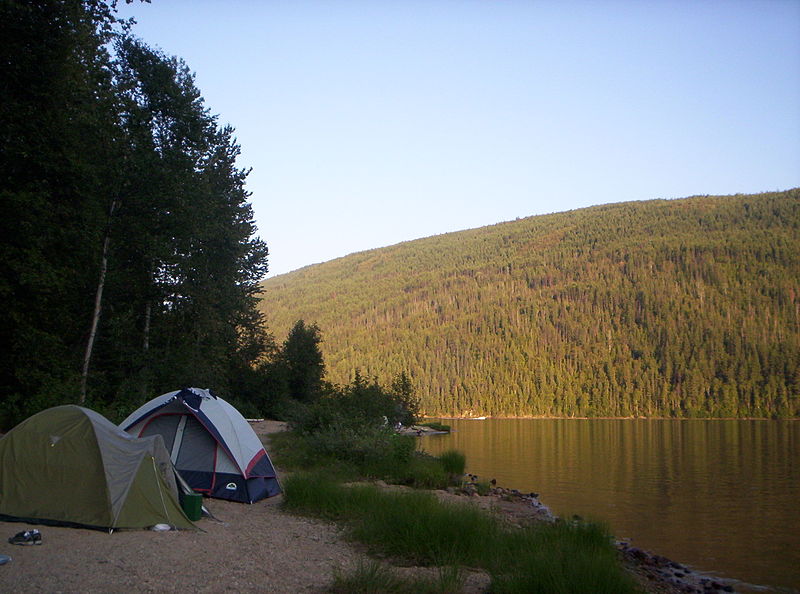How to camp for free in beautiful places

Camping is an amazing thing; it is a great way to not only find a way to reconnect with nature and the world that we live in, but to also reconnect with yourself.
It can be a completely grounding and peaceful experience to just remove yourself from the hustle and bustle of a city or even remove yourself from the creature comforts of a home or hotel for a while. The problem for many when it comes to camping is that it can be expensive; sometimes the cost is just too high when you factor in both travel time and permits necessary to camp at some places.
Luckily, there is a great solution to this. Those that would love to camp but do not want to spend a lot of cash need not look further than dispersed camping! While dispersed camping can take more time and effort in planning, it can certainly be worth it in the experience gained along with the money saved.
What dispersed camping comes down to is that it is truly stripped down camping at its core, there is nothing glam about it, it is just you camping in absolutely stunning natural environments that are not necessarily designated campgrounds.
While this can be a truly amazing experience, it does require more planning not only with the supplies that you are going to have to bring with you but also when it comes to actually finding the campsite itself.
In the United States, there are many areas that are owned by the government and are open to the public for dispersed camping. It just requires some research to find Bureau of Land Management areas or National forests as well as some state forests and Wildlife Management Areas.
There will be signs in areas that are strictly off limits to campers, so as to protect natural environments that would suffer irreparable harm from human contamination.
Another way to find these areas is to look carefully through Google maps to see what land is labeled as public. While finding the place is certainly very important, it is just as important for one to make sure to look up the rules and regulations of the land to make sure that there are no limitations to any potential camping or human interaction on the land.
Another resource that one can use when looking for a place to camp is to have a conversation with a park ranger. A park ranger not only has a wealth of knowledge about camping and the local area but often times also have a passion to share that knowledge with those who inquire.
Dispersed camping is a great way to camp and an affordable option. However, the most important thing to keep in mind is that it is essential to treat the land with respect, leave almost no trace you were there and to maintain the integrity of the natural habitat that you decided to camp on.
Research is one of the most fundamental components of the entire experience so that you can ensure that you choose an excellent spot, stay within the rules and boundaries of that area, and enjoy what nature has to offer.
